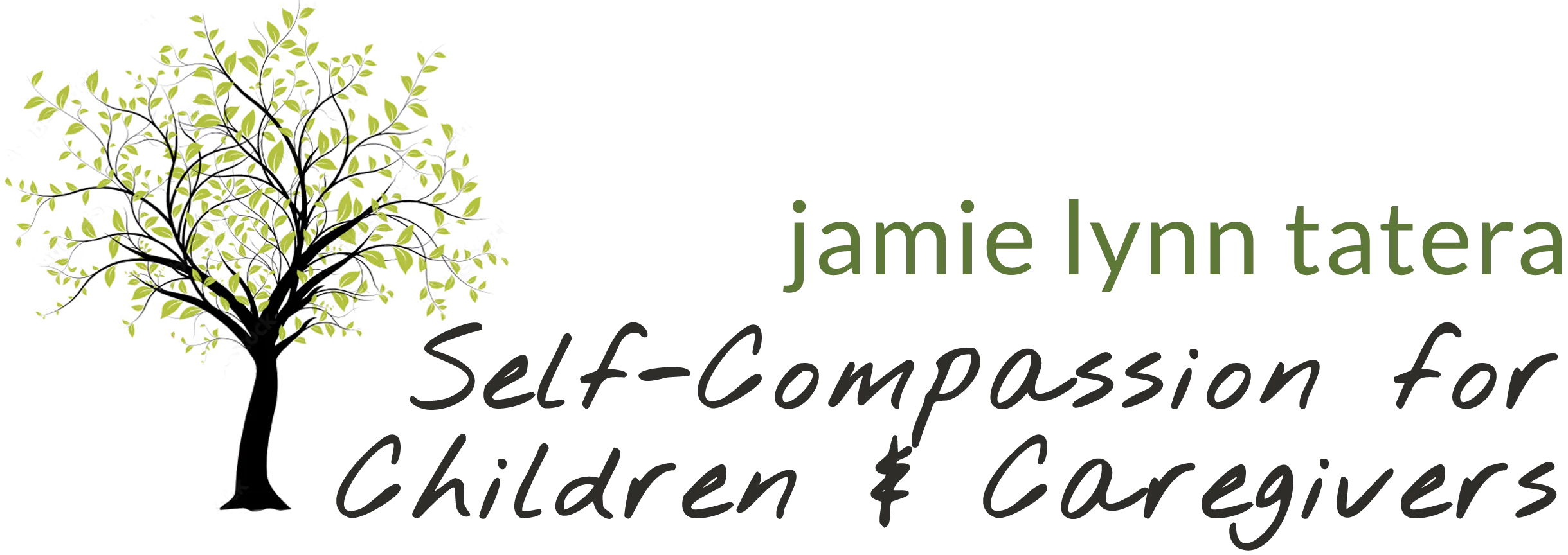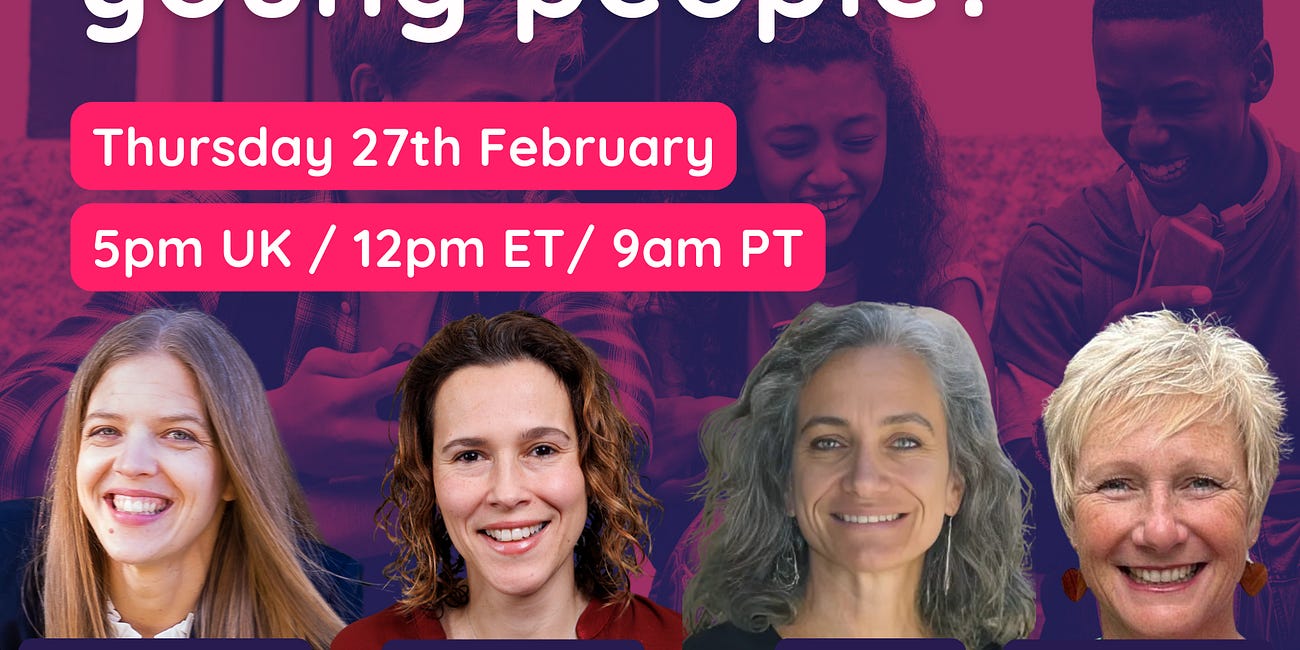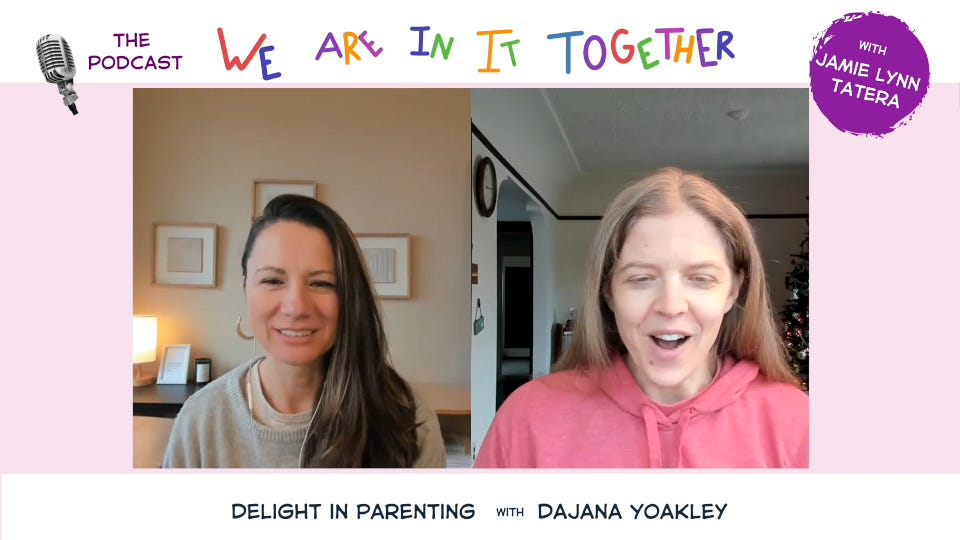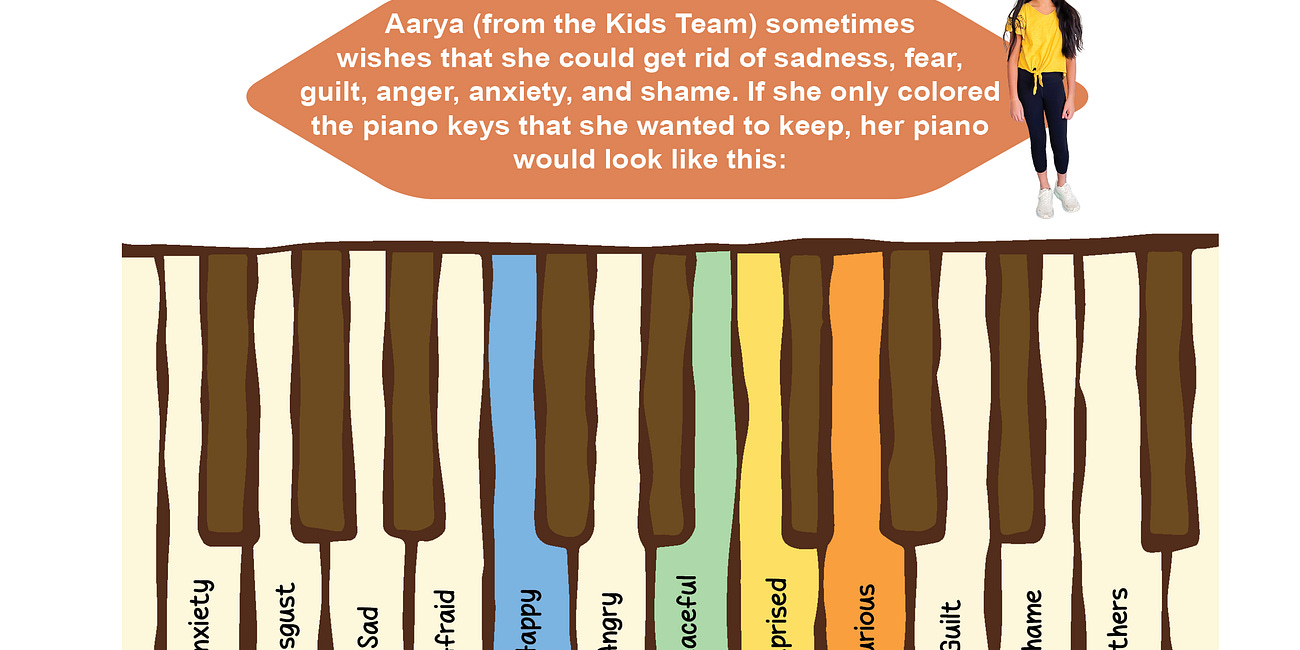Simple steps to help kids grow a kind inner voice
Hello Friends!
I’d like to reintroduce myself and welcome new friends to my blog. If you signed up for my workshop with Kristin Neff’s Community, you are in the right place (and if you didn’t you’re still in the right place ;)! I’m Jamie Lynn Tatera—educator, parent, and Mindfulness and Self-Compassion for Children and Caregivers (MSC-CC) teacher and teacher trainer. I have a passion for helping kids and their caregivers grow the resource of self-compassion to support their mental and emotional well-being.
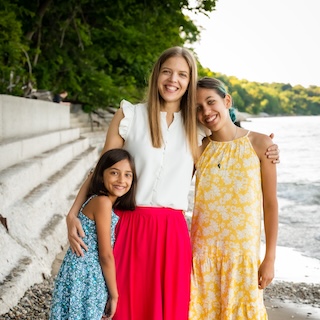
My newsletter features excerpts from my Mindfulness and Self-Compassion Workbook for Kids, as well as wonderful tips for helping children and their caregivers grow their mindfulness and self-compassion skills.
Next week, I’ll be sharing some exercises from the third adventure of my workbook for kids in the Land of Mindfulness. We’ll be exploring fun ways to help kids get curious about mindfulness skills and train their “puppy dog” minds.
Today, I’d like to share an article that I wrote for the Global Compassion Coalition(GCC) on how to help children grow the resource of self-compassion. I hope you enjoy!
Nurturing Self-Compassion in Children (and Ourselves!)
A simple definition of self-compassion is to treat ourselves as we would treat a good friend. This means that we comfort ourselves during our difficult moments, and we encourage ourselves to grow and change in positive ways. But just how do we help children develop this important skill? We can do this in several ways, including offering children our compassionate and loving presence, modeling self-compassion, and playfully teaching kids self-compassion.
Be the voice you want children to internalize
JL Note: When we fall short of this aspiration, we can give ourselves self-compassion and begin again. Our shortcomings offer us the opportunity to do the next step…
Model self-compassion in the presence of children
Playful self-compassion instruction
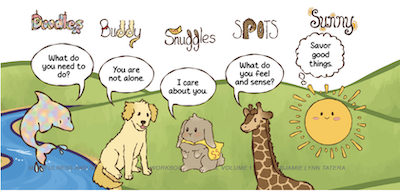
Victoria Brattini, GCC volunteer and founder of the Laguna Meditation Center, has recently been using excerpts of the Mindfulness and Self-Compassion Workbook for Kids, Volume 1, with her adult clients. Victoria shares:
“I’ve been encouraging adults to use the workbook in a playful way for themselves. I say just read it and let yourself feel the warmth and fun there. Years ago when I was desperate to improve my French and Italian, I asked another Mom who was from Austria how she had learned English. She had only been here for a few years and her answer was children’s books, games, shows, etc. She said it’s less intimidating and you feel a sense of accomplishment. Plus they are more fun. [This] book is playful and full of humor, and for the adult who has reservations about self-compassion or even trying to name an emotion, I think this book can make the challenge a little easier for them. Yes, it’s written for kids, and there’s good wisdom there for adults too. I’ve been encouraging my clients to play, laugh…and see the humor in life. Play is essential.”
We can all benefit from learning mindfulness and self-compassion skills through play. Playful instruction, parental modeling, and the internalization of adults’ compassionate responding can all contribute to the growth of self-compassion in children. The important thing is that we, as caregivers, are intentional about nurturing these compassionate qualities in our youth…and in ourselves!

Thank you for being on this journey with me!
With love,
Jamie Lynn
P.S. Last week I was gifted with the opportunity to teach “resilience habits” including mindfulness and self-compassion to caregivers in the Waterford school district. Here’s a very smiley picture of me sharing about the playful animals from my program between teaching sessions.
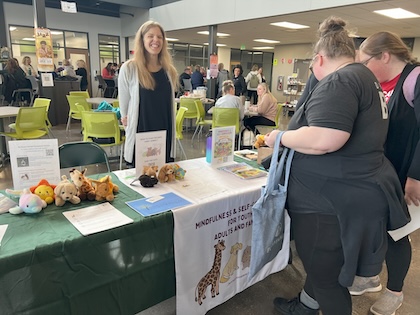
P.P.S. You can scroll down to see some popular posts from last month.
Where Self-Compassion and Social Media Collide
The other day I picked up my younger daughter from her dad’s house, and I asked her what she had been up to. She shared that she had spent the morning playing video games. She was in a delightful mood, and when I inquired about how it was for her to play video games for such a large amount of time, she said something very insightful, “I enjoyed playing …
Unlocking our Parenting Delight
Do you ever feel like you’ve lost your parenting delight? Or maybe you feel like you never had it!? Certified parenting educator Dajana Yoakley helps us discover tools that can put the delight back into our parenting.
